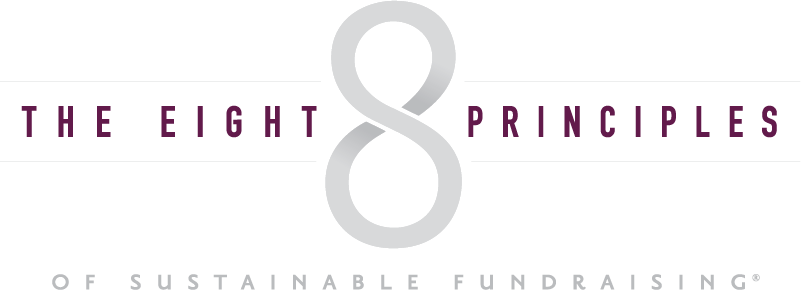![]() I’m often seen as a person who takes a dim view of the use of events in fundraising—and I am. But I’m not. My difficulty with fundraising events arises not from events themselves, but rather with the manner in which they are most often employed—as revenue generators.
I’m often seen as a person who takes a dim view of the use of events in fundraising—and I am. But I’m not. My difficulty with fundraising events arises not from events themselves, but rather with the manner in which they are most often employed—as revenue generators.
Events can be very effective tools in fundraising. Like most tools, when used correctly, they provide significant leverage or torque in getting the job done. When used incorrectly, however, their effectiveness is reduced considerably.
For me, using events to generate fundraising revenue is akin to cutting your lawn with a pair of hedge clippers. You’ll eventually get the job done, but not without a considerable effort and the finished product will most likely be a bit uneven. Why not use the equivalent of a 60”, zero-radius riding mower, instead?
Events designed to generate revenue are one of the most costly ways to raise charitable dollars—about five times more costly than relational approaches, such as The Eight Principles. What’s more they are not renewable. You have to begin anew from scratch each year. Relational approaches, on the other hand, deliver the most renewable and economically-resilient philanthropic revenue of any fundraising method.
There’s no need to stop holding events. Just design them to deliver what they do best. Events are very effective in building awareness, generating momentum, increasing credibility and—most importantly—cultivating and strengthening your donor relationships. Just leave the solicitations and auctions off the menu.
So it is possible to “have your cake and eat it too” if you keep the right purpose in mind.
[vsw id=”GIoDNAu2A_g” source=”youtube” width=”425″ height=”344″ autoplay=”no”]Larry C Johnson, CFRE


